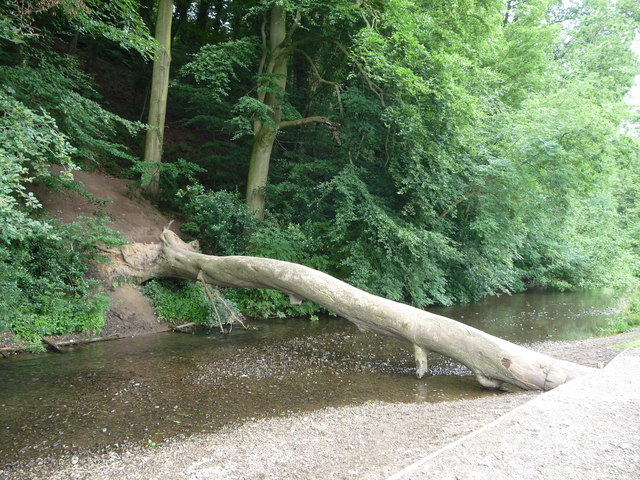The point being that a bridge (in function) can be found that was not designed by human hands (like a tree falling over a river), that's it. That was the challenge Default_Dave laid out. And it was answered. Now he wants to add another caveat to keep that conundrum alive in his head.
That is not the challenge I laid out.
The challenge is ordered/not chance compared to random/chance.
Is your misrepresenting my argument deliberate on your part or accidental?
--Dave


